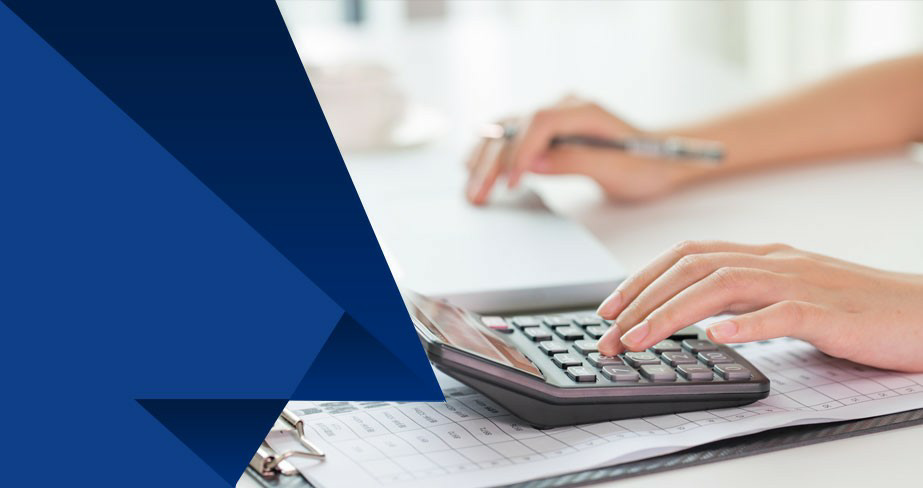The UAE began implementing excise tax in 2017. Excise tax is an indirect tax that is ultimately borne by consumers. This tax is levied on certain specific goods that are harmful to human health or the environment, such as tobacco, energy drinks, carbonated drinks and sugary drinks.

The UAE began implementing excise tax in 2017. Excise tax is an indirect tax that is ultimately borne by consumers. This tax is levied on certain specific goods that are harmful to human health or the environment, such as tobacco, energy drinks, carbonated drinks and sugary drinks.
The consumption tax rate is generally 50% or 100%.
| Consumption taxable goods | tax rate |
| Tobacco, alcohol and tobacco products | 100% |
| E-cigarette equipment and tools | 100% |
| Liquids used in e-cigarette devices and tools | 100% |
| Energy drinks [are beverages containing stimulant substances that provide mental and physical stimulation, including but not limited to caffeine, taurine, ginseng and guarana] | 100% |
| Sugar-sweetened beverages [including any product with added sugar (as determined in accordance with Gulf Standards Organisation (GSO) Standard No. 148) or other sweeteners (as determined in accordance with GSO Standard No. 995)] | 50% |
| Carbonated beverages [including any carbonated beverage other than flavored carbonated water, and any concentrate, gel, extract, etc. designed for the production of carbonated beverages] | 50% |
Companies engaged in the following activities must register for GST numbers:
1. Importing GST goods into the UAE;
2. Producing GST goods for consumption in the UAE.
3. Storing GST goods in the UAE in certain circumstances;
4. Releasing GST goods in designated areas.
GST registered taxpayers are required to file GST returns every month. The deadline for filing GST returns is the 15th of every month.









The UAE requires companies to submit the consumption tax return for the previous month and pay the corresponding tax before the 15th of each month. If the filing or payment is not made on time, late payment fees and penalties will be imposed.
The consumption tax increases the cost of specific goods and may have the following impacts on related industries:
1. Price adjustments: Businesses need to pass the consumption tax on to consumers, leading to higher product prices.
2. Changes in consumer behavior: High tax rates may suppress consumer demand for unhealthy products, thereby affecting companies' sales.
3. Compliance costs: Businesses must regularly declare consumption taxes and ensure data accuracy, otherwise they may face penalties.
Enterprises engaged in the following activities must register for a consumption tax number:
1. Importing consumer goods into the UAE;
2. Producing consumer goods and supplying them within the UAE.
3. Storing consumer goods in the UAE under certain circumstances;
4. Releasing designated consumer goods in specific regions.
The UAE began implementing a consumption tax in 2017. This tax is an indirect levy ultimately shouldered by consumers. It applies to specific goods harmful to human health or the environment, such as tobacco products, energy drinks, carbonated beverages, and sugary drinks.

Zhuoxin Consulting relies on its Chinese service network and Dubai executive team to provide professional one-stop business services without communication barriers for Chinese companies to enter the Middle East market. Its business covers company establishment and maintenance, accounting and taxation, bank account opening, PRO services and business services.
Zhuoxin Consulting has high-quality business resources and maintains close cooperation with many free zones, bankers and tax departments in the UAE to escort your expansion in the Middle East market.
 Add WeChat
Add WeChat